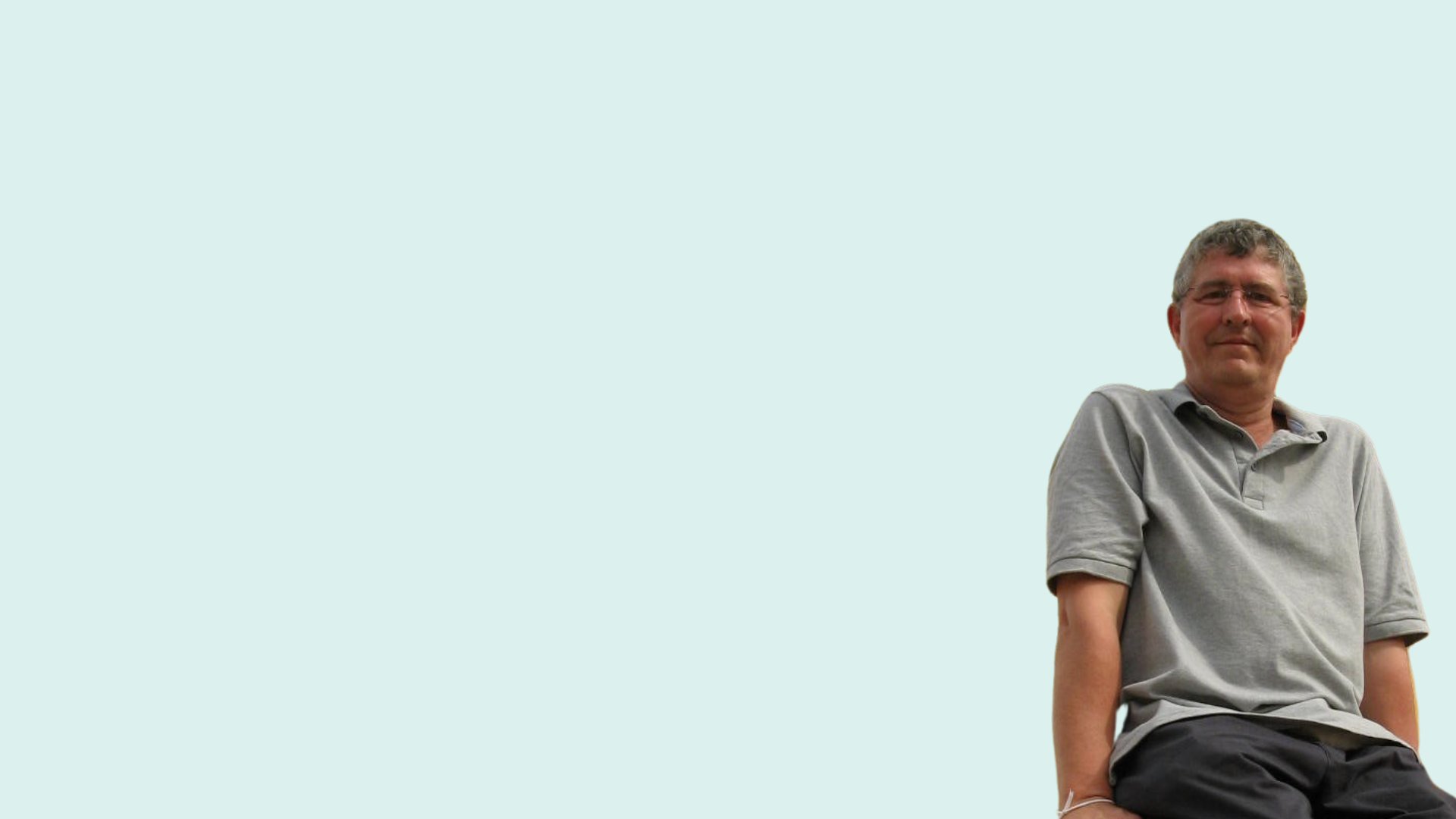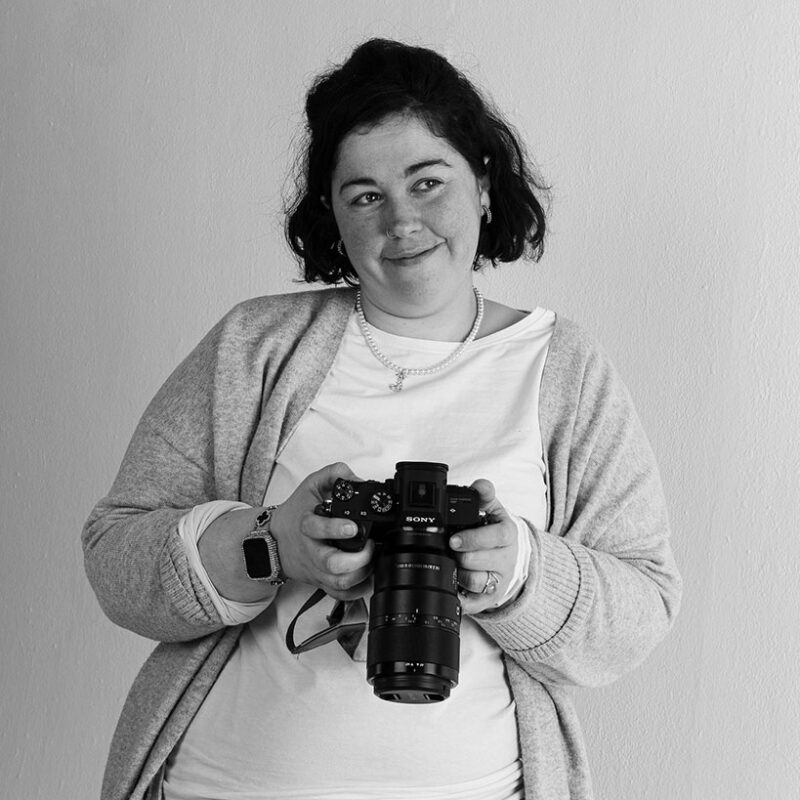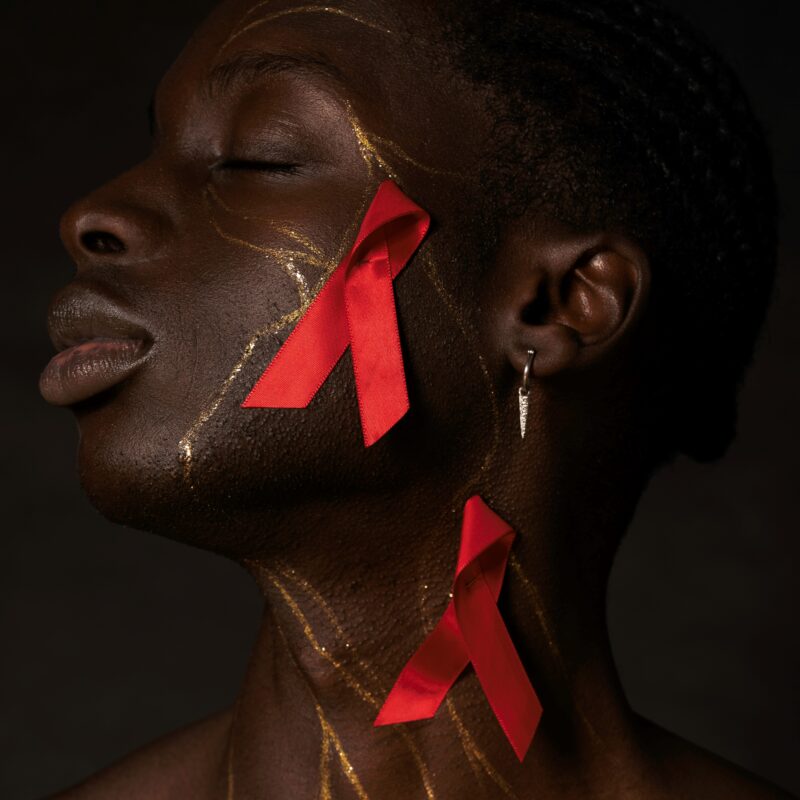Time to read
My name is Jennifer, and I’m 38. My dad, Christopher Arthur Hillman, passed away in 2024, on 7 April. He was 71 years old. Losing him still feels incredibly fresh, and there’s an ache knowing he’s not here to share in my life, especially now, as I’ve come to understand more about him and his journey with HIV.
My dad was an intelligent, driven man—a bit of a workaholic and always on the move. As a kid, I remember looking up to him, hoping I’d grow up to be as clever as he was. He was a chartered accountant, but his passion wasn’t just for numbers; he was fascinated by history, especially family history. Some of my fondest memories are of him taking me to places like the Tate Modern, which inspired my own creativity. He would often talk to me about about our ancestry – he knew every detail about our family tree, from my great-grandparents to relatives I’d never heard of before. It wasn’t just interesting facts to him; it was a way of grounding us, of showing me where we came from.
He called me Jennifer, but I remember when I was young, he’d call me Jenny or Jenny Wren. I can hear him saying it now, clear as day.
But Dad’s life wasn’t always straightforward. I knew he kept parts of himself hidden, and I could sense a quiet sadness in him. I think he struggled with his own identity and with finding acceptance. It wasn’t until my mother, who had bipolar disorder, passed away that he spoke openly about his depression.
After she died, he travelled to Thailand, hoping a change of scenery and a purpose might help. He became involved in helping children get access to education, which felt right, because education was something he valued deeply. This project, and that time of his life, was transformative for him. It was his way of giving back, of finding himself, even though he still struggled in many ways. He had so many photos of this time. I have them now—just hundreds of little moments.
When he returned to the UK, he came to live closer to me and my son, and I was grateful he could be part of our lives. But that joy was cut short by his illness.
When he died, his death certificate listed pneumonia and HIV. It was hard to process at first. When I asked the coroner, they confirmed HIV as part of it, but it felt unreal, like I’d stepped into someone else’s story.
I believe stigma and lack of awareness around HIV and AIDS played a part in how things turned out for him. In his generation, being gay was still heavily stigmatised, and the idea of regularly testing for HIV was practically unheard of, especially as he got older. I wish there had been more education and health checks targeting the elderly because he might have caught it sooner. He didn’t get the chance to live openly as himself, or to fully embrace who he was, and I wish he could have. HIV shouldn’t be a reason to shy away from living or loving, and I hope that changes for other people.
Dad’s death left a huge void. I miss the way he’d look up little facts for me, and the gifts of books that showed he was thinking of me, even if he wasn’t the most openly affectionate father. But I know he would be proud of me for talking openly about HIV and helping to raise awareness.
In many ways, my photography has been a way to honour my father’s memory. Dad was creative and introduced me to the world of art when I was young. He would take me to galleries, and that’s where my fascination with visual storytelling began. Photography became my outlet, especially during hard times—postnatal depression, life changes, and now my dad’s death.
I started doing photography projects as a way to connect with him and with others who might feel the same complex emotions. It became my way of dealing with grief, and it’s been so therapeutic for me.
I’ve poured myself into projects that celebrate natural aging, that don’t hide wrinkles or imperfections. My dad loved some of my abstract work, especially the ones that played with gold leaf, capturing the beauty of the unretouched, authentic self. I want to do a similar project for HIV awareness, using people of all genders as my models to celebrate their dignity and resilience without any retouching. It feels right to channel this loss and love into something meaningful.
My dad is part of everything I create; he’s the inspiration behind my love for storytelling and the depth I try to capture.
Today, I’m pursuing my master’s in photography. Photography lets me build connections with people, and it’s a way to communicate that life, in all its complexity, should never be taken for granted. Each photograph is a memory, a story, a way to make sense of what I’ve experienced.
If I could share one message, it would be this: HIV doesn’t define who someone is. It’s so important to support people living with HIV, to encourage them to seek treatment, and to remind them to live fully. I want to make sure others feel seen and supported, the way I wish my father had been.




